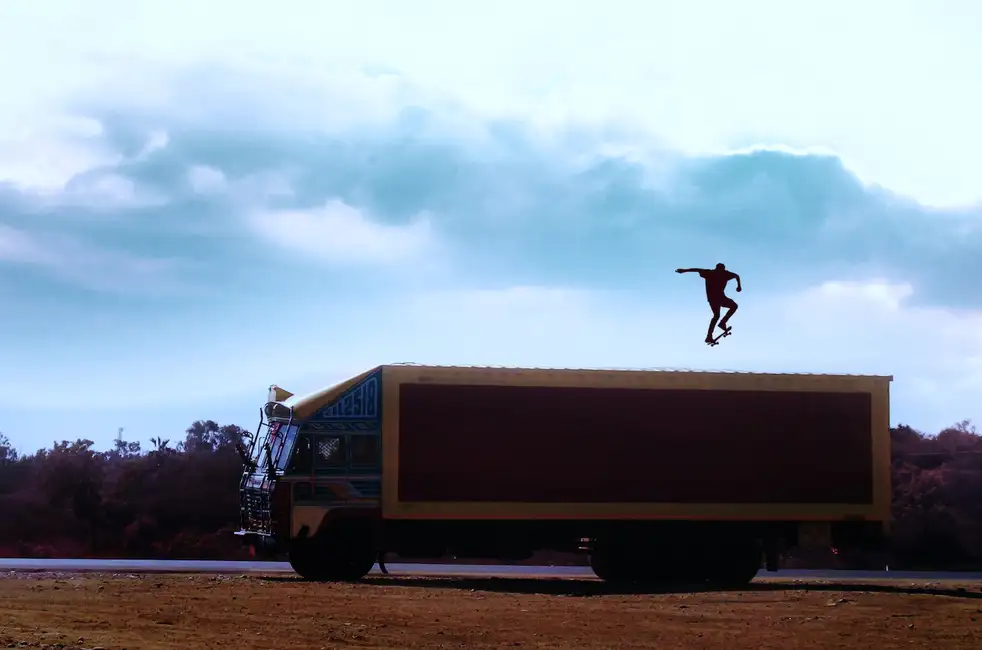Commercial truck insurance provides coverage for commercial trucks and their drivers in the event of an accident or other covered event. This insurance policy covers a range of potential risks, including liability for damage to other vehicles or property, bodily injury, and damage to the insured truck itself.
Commercial truck insurance can be expensive, particularly for larger vehicles, drivers with less experience, or a less-than-perfect driving record. Truck owners must purchase commercial truck insurance from companies rated best in the state.
What is Commercial Truck Insurance?
Commercial truck insurance provides coverage for vehicles used for commercial purposes, such as delivery trucks and other large commercial vehicles. This insurance coverage protects businesses from financial losses from accidents or other incidents involving their commercial trucks.
Commercial truck insurance policies cover a range of risks, including liability for bodily injury or property damage to third parties, damage to the insured vehicle or cargo, theft or vandalism, and other related threats. The specific types of coverage offered by the insurance policy will depend on several factors, including the type of commercial truck, the goods being transported, the truck driver’s record, and other risk factors.
What are the Types of Commercial Truck Insurance?
Commercial truck insurance is not the same as personal auto insurance. The two main types of coverage that companies need are commercial liability insurance and commercial cargo insurance.
Commercial Liability Insurance
Commercial liability insurance protects businesses against claims of bodily injury or property damage caused by business operations or products. This insurance coverage can also cover legal expenses against such claims.
Commercial liability insurance covers a range of potential risks, including slip-and-fall accidents, product liability, and advertising injury. This type of insurance policy can be significant for small businesses that may need more financial resources to handle a large liability claim.
Commercial Cargo Insurance
There are different types of commercial cargo insurance.
All-Risk Coverage
This type of insurance covers all risks of physical loss or damage to the cargo, except those expressly excluded in the policy.
Broad Form Coverage
Broad form coverage covers a specific set of perils, including theft, fire, and collision, but may exclude certain types of cargo or other specific risks.
Warehouse to Warehouse Coverage
This insurance covers the entire transit of goods from the point of origin to the final destination, including any storage or warehousing in between.
Contingency Cargo Coverage
Contingency cargo coverage covers losses due to events beyond the control of the carrier, such as natural disasters or political unrest.
Domestic Cargo Coverage
This cargo insurance provides coverage for goods being transported within a single country, by a truck.
What is the Cost of Commercial Truck Insurance?
Commercial truck insurance costs depend on several factors, such as the type of vehicle, policy limits, and coverage level. For example, policies for semi-trailer trucks can be more expensive than those for light trucks that carry fewer people or cargo. There is no single pricing for commercial truck insurance. Cost varies depending on the policies chosen, the number of claims filed, and the age of the vehicle. An average annual premium for a vehicle that delivers cargo and has a gross weight rating of 8,500 pounds runs between $1,200 and $2,500.
Commercial truck insurance is an essential investment for any trucking business. This insurance protects against potential financial losses from accidents, theft, and other unforeseen events. Commercial truck companies should shop around for insurance providers and policies to find the best coverage at a reasonable price. Having adequate commercial truck insurance can provide peace of mind and protect a trucking business from potential financial ruin.
